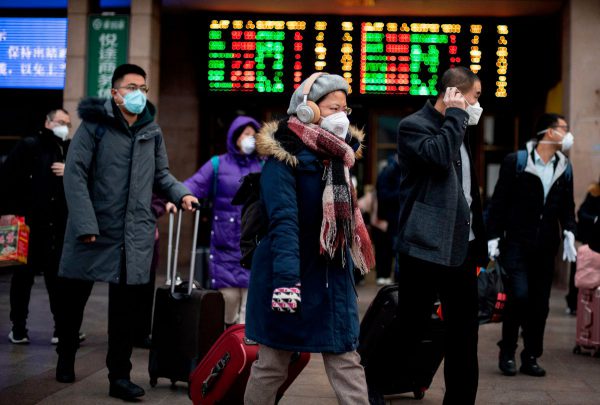MADRID, 2 June 2020: Tourist destinations worldwide are taking the first nervous steps towards easing travel restrictions that introduced to combat the spread of Covid-19 according to the latest research from the World Tourism Organization (UNWTO).
In its Global Guidelines for Reopening Tourism, UNWTO signals that just 3% of all global destinations have now taken steps to ease travel restrictions.

UNWTO has been monitoring the global response to Covid-19 since the start of the pandemic. The fourth edition of its Covid-19 Related Travel Restrictions: A Global Review for Tourism report, released Sunday, looked at 217 destinations worldwide. The research showed that seven destinations had eased travel restrictions for international tourism purposes. At the same time, several more destinations were engaged in significant discussions about the reopening of borders.
Caution remains
The report notes that 100% of all destinations worldwide continue to have some form of Covid-19-related travel restrictions in place.
Furthermore, 75% continued to have their borders completely closed for international tourism. In 37% of all cases, travel restrictions have been in place for 10 weeks, while 24% of global destinations have had restrictions in place for 14 weeks or more.
UNWTO stresses the need for vigilance, responsibility and international cooperation as the world slowly opens up again
Tourism-dependent states locked down
The UNWTO research shows that the more important tourism is to the economies of individual destinations, the more likely they are to have introduced complete border closures. In the case of SIDS destinations (Small Island Developing States), 85% continue to have their borders completely closed for tourism purposes.
All UNWTO regions have more than 65% of their destinations completely closed to tourism: Africa (74%), Americas (86%), Asia and the Pacific (67%), Europe (74%) and the Middle East (69%).
The Covid-19-Related Travel Restrictions report also breaks down the level and type of travel restrictions in place, including the prevalence of flight suspensions and measures including compulsory self-isolation and quarantine of tourist arrivals.
(Source: UNWTO)







